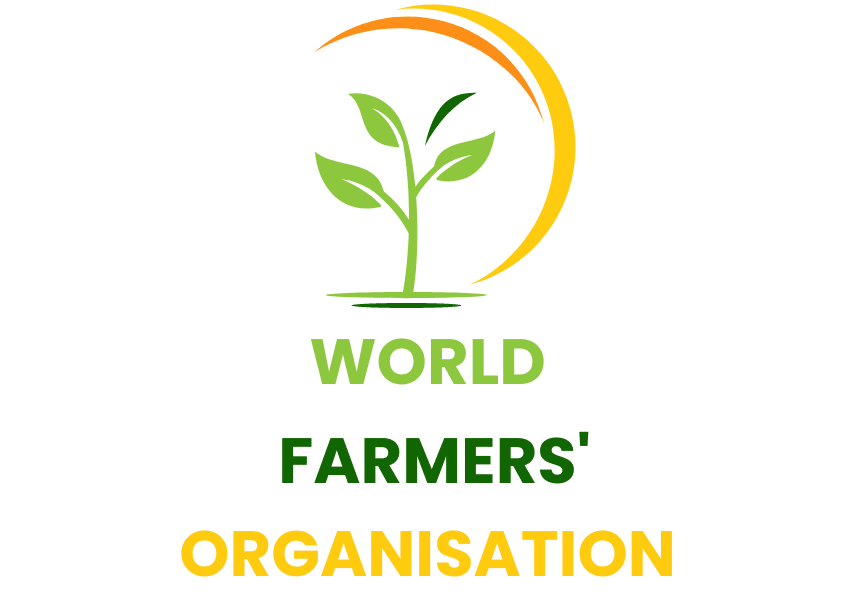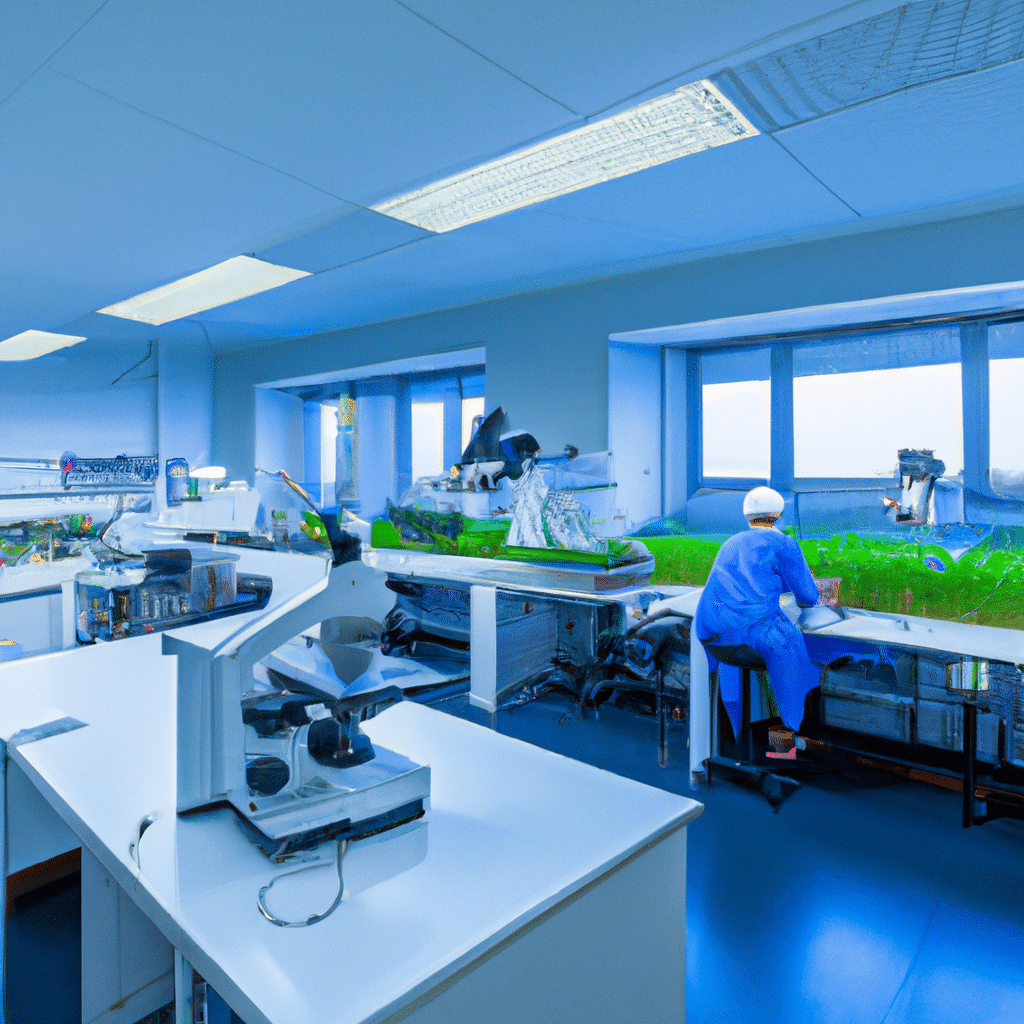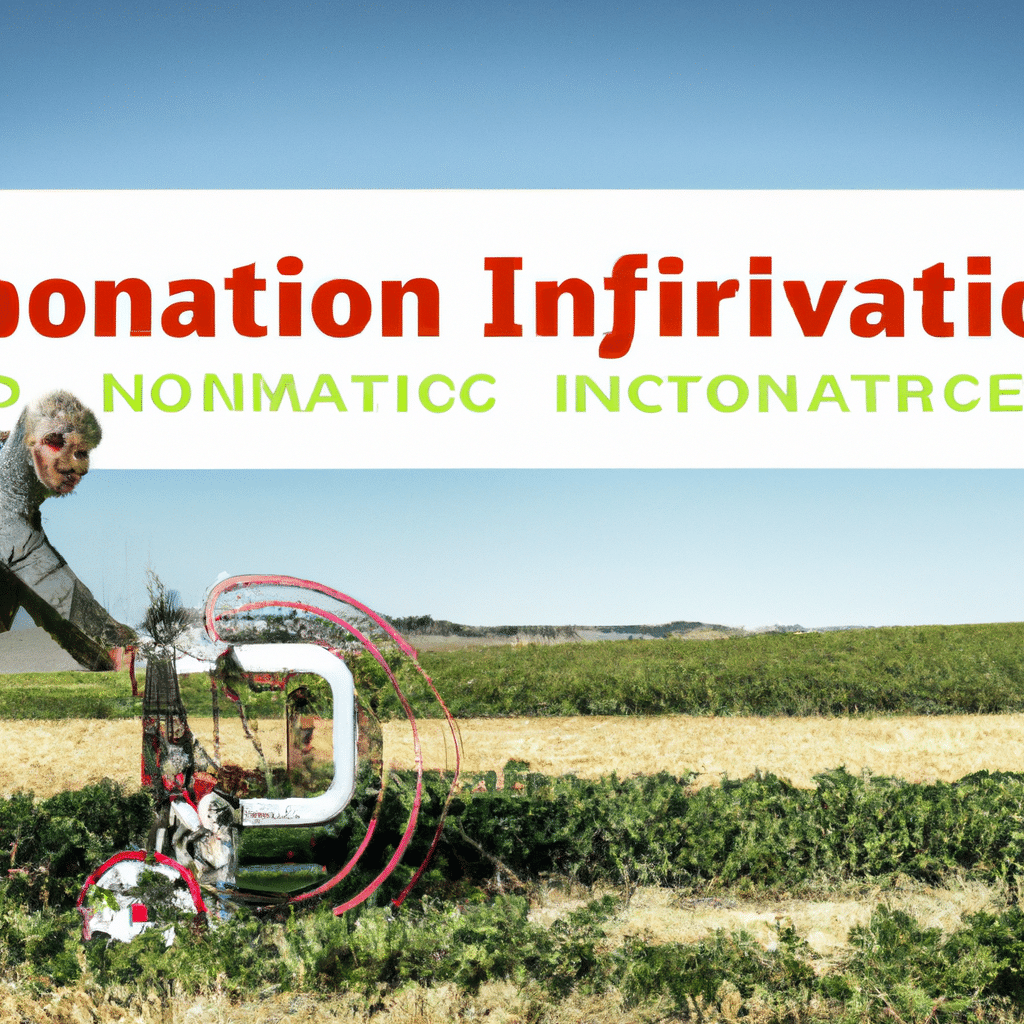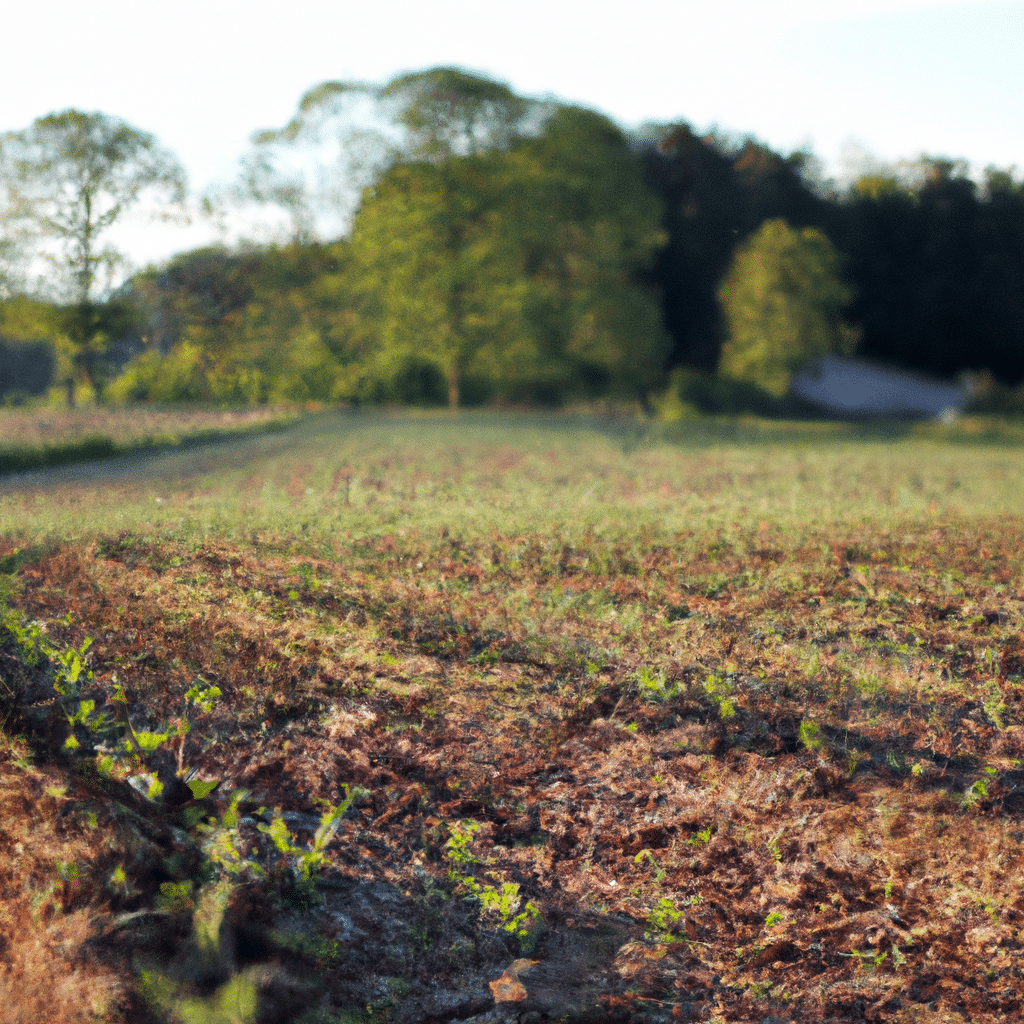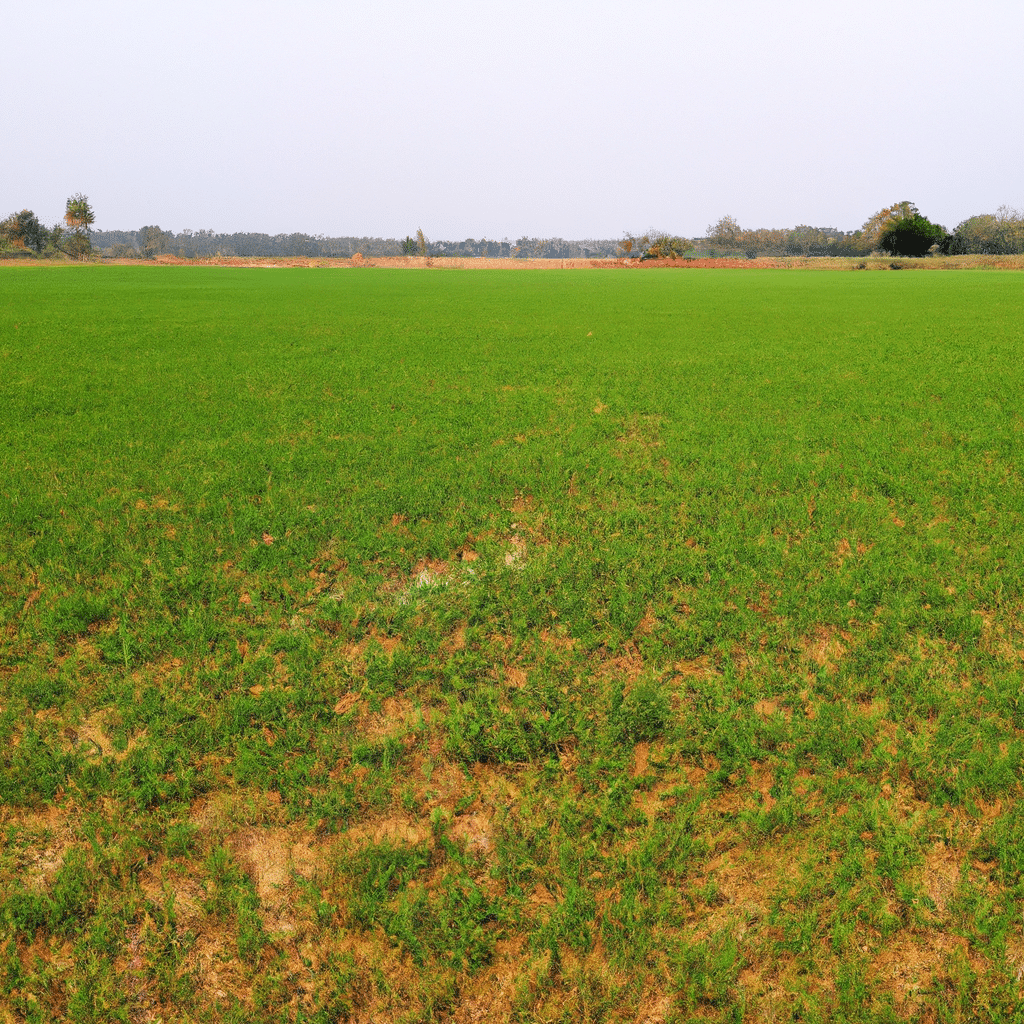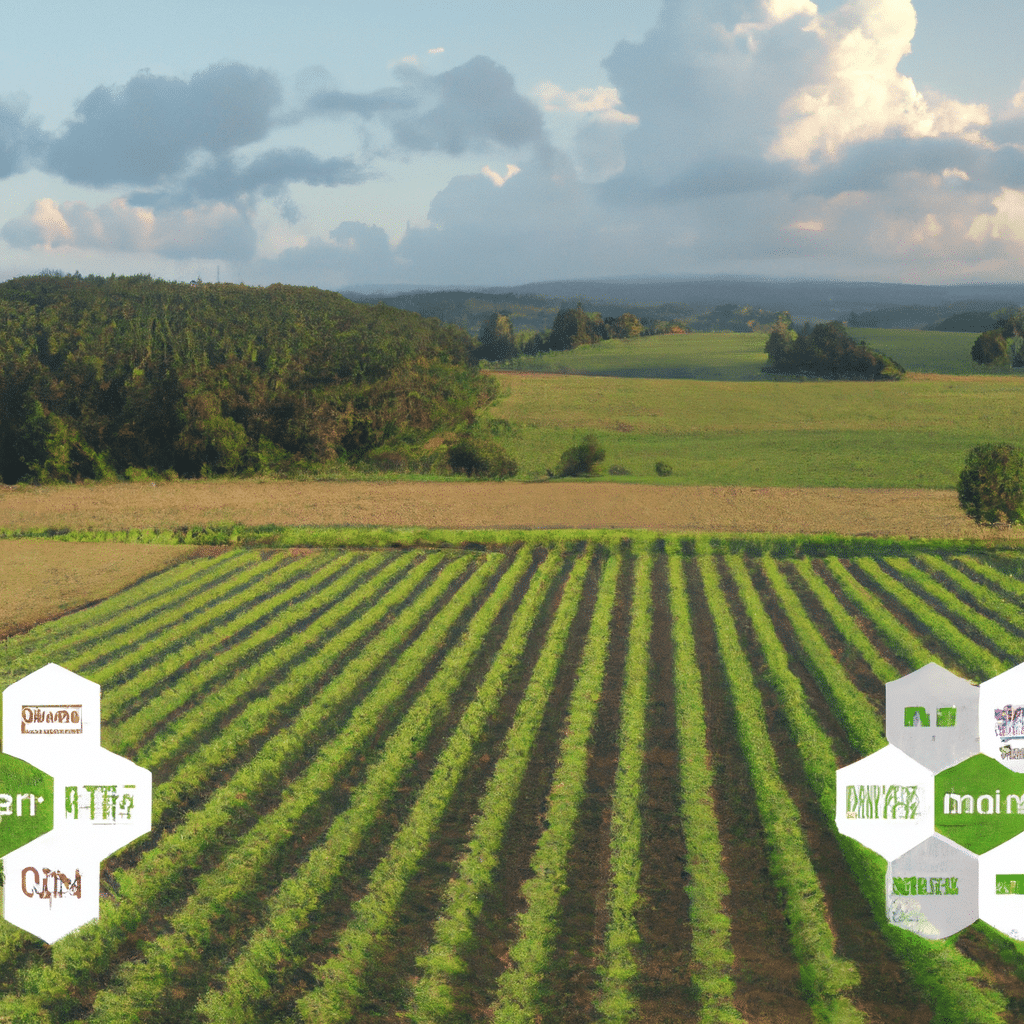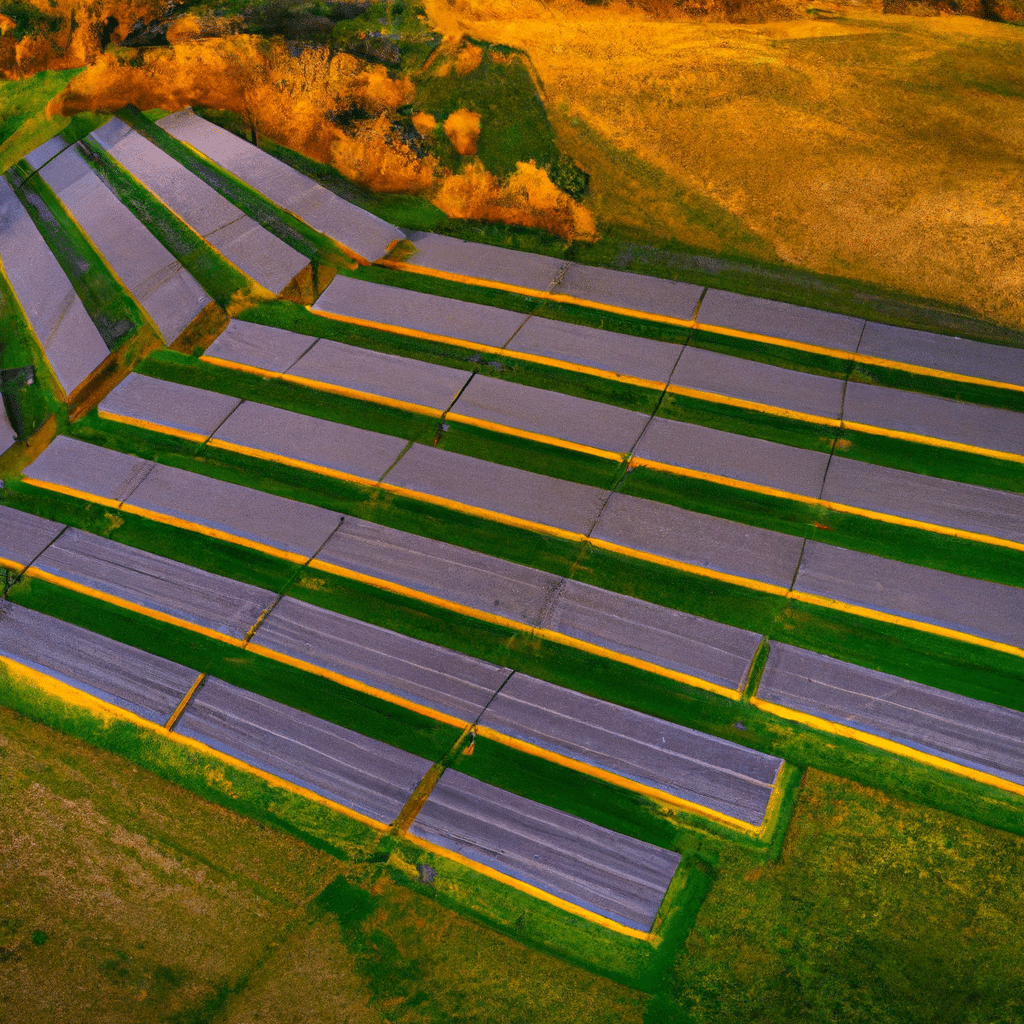Small-scale farmers play a crucial role in feeding communities around the world. However, they often face numerous challenges that hinder their growth and sustainability. In this article, we delve into the power of unity and collaboration among small-scale farmers in overcoming these challenges. By working together, sharing knowledge and resources, and implementing innovative solutions, small-scale farmers can create a stronger and more resilient agricultural sector. Let’s explore the various challenges faced by small-scale farmers and how unity can be their greatest asset in overcoming them.
The Challenges Faced by Small-scale Farmers
Limited Access to Resources
One of the major challenges faced by small-scale farmers is limited access to essential resources. These include land, capital, technology, and information. Without adequate access to these resources, farmers struggle to improve their productivity and profitability. However, by coming together as a collective, small-scale farmers can pool their resources and create shared access to land, machinery, and capital. This collaborative approach not only enables them to overcome individual limitations but also promotes efficiency and cost-effectiveness.
Market Constraints and Unfair Trade Practices
Small-scale farmers often face challenges in accessing fair and transparent markets. They may encounter barriers such as lack of market information, limited bargaining power, and unfair trade practices. These constraints can significantly impact their ability to get fair prices for their produce. By forming producer cooperatives or associations, small-scale farmers can collectively negotiate with buyers, establish direct market links, and improve their market position. This unity strengthens their bargaining power and allows them to achieve better prices and market opportunities.
Climate Change and Environmental Risks
Climate change poses a significant threat to small-scale farmers, as they are more vulnerable to its impacts. Erratic weather patterns, natural disasters, and changing climatic conditions can lead to crop failures, livestock losses, and reduced agricultural productivity. By collaborating, farmers can share knowledge and implement climate-smart practices that reduce vulnerability and build resilience. This can include techniques like crop diversification, water conservation, and adopting sustainable farming methods. Unity in addressing climate change not only safeguards individual farmers but also contributes to the overall sustainability of agriculture.
Lack of Knowledge and Skills
Many small-scale farmers lack access to formal education and training opportunities, limiting their knowledge and skills in modern farming practices. By working together, farmers can organize training programs, workshops, and knowledge-sharing sessions. This collaborative learning environment enables them to acquire new skills, exchange best practices, and stay updated with the latest agricultural advancements. Empowering small-scale farmers with knowledge enhances their productivity, improves the quality of their produce, and fosters sustainable agricultural practices.
Infrastructure and Technology Gaps
Inadequate infrastructure and limited access to modern technologies are significant challenges faced by small-scale farmers. Lack of proper irrigation facilities, storage infrastructure, and transportation networks can result in post-harvest losses and reduced market access. Through collective action, farmers can invest in shared infrastructure, such as community storage facilities and transport networks. Additionally, by adopting appropriate technologies like precision farming, smart irrigation systems, and mechanization, small-scale farmers can improve their productivity and efficiency, leading to better yields and reduced costs.
Policy and Regulatory Hurdles
Small-scale farmers often encounter policy and regulatory hurdles that impede their growth and hinder their ability to adapt to changing circumstances. These hurdles can include complex land tenure systems, restrictive regulations, and inadequate government support. By uniting and advocating for their common interests, small-scale farmers can influence policy decisions, engage in dialogue with policymakers, and drive positive changes in the agricultural sector. This collective voice helps shape farmer-friendly policies, secure access to land, and establish supportive frameworks that address their specific needs.
Socio-economic and Gender Inequality
In many regions, small-scale farmers face socio-economic and gender inequalities that limit their opportunities and hinder their progress. Women farmers, in particular, often face additional barriers in accessing resources, markets, and decision-making processes. By promoting gender equality and social inclusion within farming communities, small-scale farmers can harness the potential of all individuals, ensuring a fair and equitable distribution of benefits. Unity in addressing socio-economic and gender disparities empowers farmers to overcome these challenges collectively and build a more inclusive agricultural sector.
The Power of Unity in Overcoming Challenges
The challenges faced by small-scale farmers are formidable, but unity and collaboration provide them with a powerful tool to overcome these obstacles. By working together, farmers can leverage their collective strength, resources, and knowledge to find innovative solutions and implement sustainable practices. This unity enables them to negotiate better market deals, access necessary resources, adapt to climate change, and influence favorable policies.
Through collective action, small-scale farmers can establish a strong support network, share experiences, and learn from one another. This collaborative environment fosters a culture of continuous improvement and empowers farmers to overcome challenges more efficiently. By uniting as allies, small-scale farmers can amplify their voices, drive positive change, and create a more resilient and prosperous agricultural sector.
Conclusion
In conclusion, the power of unity among small-scale farmers cannot be overstated. By coming together, they can overcome the challenges they face, such as limited access to resources, market constraints, climate change impacts, knowledge gaps, infrastructure limitations, policy hurdles, and socio-economic inequalities. Unity enables them to pool their resources, negotiate fair market deals, implement climate-smart practices, acquire knowledge, bridge infrastructure gaps, influence policies, and promote gender equality. Through collaboration and collective action, small-scale farmers can transform from strangers into allies, creating a stronger, more sustainable, and inclusive agricultural sector for the benefit of all.
